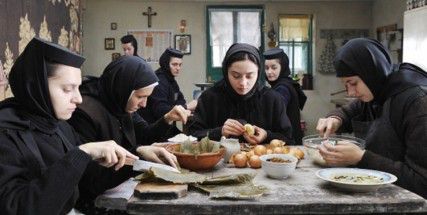
PHOTO COURTESY OF IFC ENTERTAINMENT
The very title of writer and director Cristian Mungiu’s Beyond the Hills suggests a mysterious, almost mythical, place, barely visible and rarely explored. Indeed, the film — primarily set in an orthodox convent in rural Romania — centers on a slice of the world physically estranged from civilization. A sign at the convent entrance champions the community’s self-indulged isolation: Those who do not follow their Christian practices should not enter.
Yet even the most remote and monolithic parts of the world have doors that open up to struggle and conflict. When should these doors be opened? Beyond the Hills, rather than providing a definite answer, explores why evaluating such dilemmas is so difficult.
Beyond the Hills follows two orphan girls who have reconnected after several years apart. Fate seemingly brought them back together, but after having chosen distinct paths, both girls notice unwelcome changes in the other.
Voichita (Cosmina Stratan) is practicing to become a nun in the convent, and appears to have found peace through her newfound religious conviction. Meanwhile, Alina (Cristina Flutur) returns to Voichita still very much lost in the world after having worked as a waitress in Germany. Her return is one of desperation and sorrow, symptoms of having lived life without Voichita — that is, living a life without love.
Voichita follows her spiritual devotion absolutely. Not only is she unreceptive to any of Alina’s advances, she tells her friend that the only necessary love is God’s love, and encourages Alina to join the convent. Alina, however, believes that Vochita has fallen under the sorcery of the convent’s patriarch (Valeriu Andriuta) and remains unreceptive to any doctrine pushed her way. Each girl believes that the other needs salvation from an impure lifestyle.
Alina becomes emotionally unstable, leading the convent to determine that she suffers from demonic possession; they subject her to brutal exorcist practices in the hope of purging her and the community of any evil presence. Despite the violence enacted on Alina, Mungiu carefully does not blame the characters’ demise on these displays of superstitious religion.
In fact, one of the spectacular achievements of Hills comes from Mungiu’s meticulous ability to keep blame from falling upon one particular ideology or individual. After one of Alina’s psychotic episodes, she visits a hospital that hands her back to the convent instead of treating her, and without the aid of modern medicine, her “treatment” becomes religious ceremony. These exorcism scenes are particularly painful to watch — a large number of distressed nuns, often including Voichita, subject Alina to immense suffering. Though their actions cannot be justified, their faces are molded with such seriousness and conviction, it seems that all parties are pitiable in some fashion.
Mungiu, therefore, suggests that trying to connect the dots of the human experience lies in a mystical realm, one beyond any terrain of comprehension. The distance between people may be better measured through personal experiences, as opposed to say meters or miles, but it can be made no less discoverable through science or religion.
He allows the audience to define the notions of love, religion, faith and culture that appear in the film on its own terms. Like the characters in the film, the audience brings its own experiences to the viewing, and these should not be unappreciated. Mungiu himself does not direct whom the audience sympathizes with — the direction of sympathy instead lies in the viewer’s own personal moral sentiments. Is there no better sign of an artist than the ability to show more about oneself?














































































































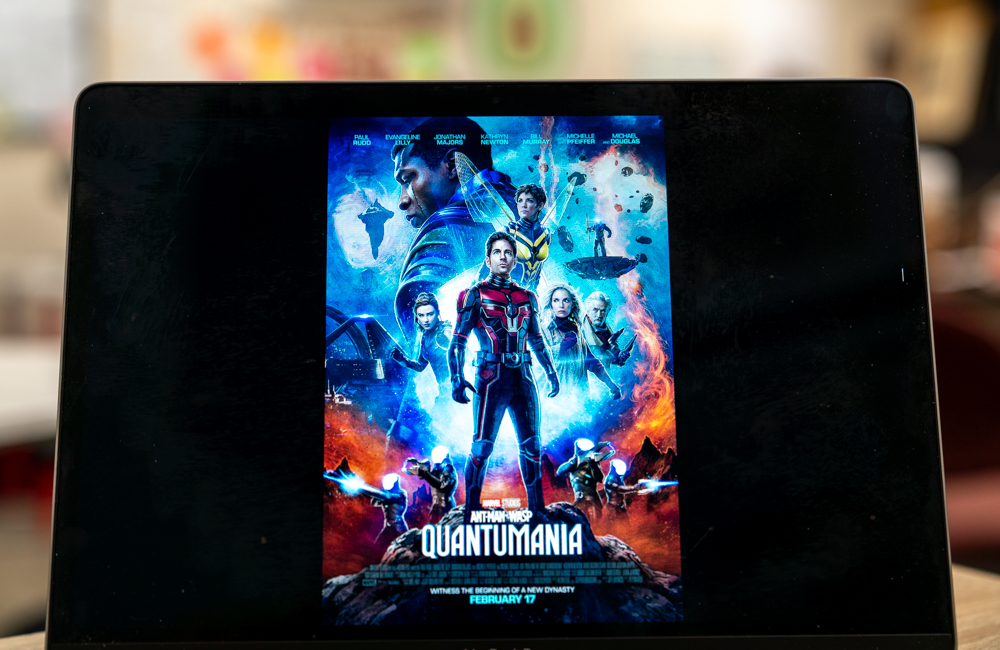

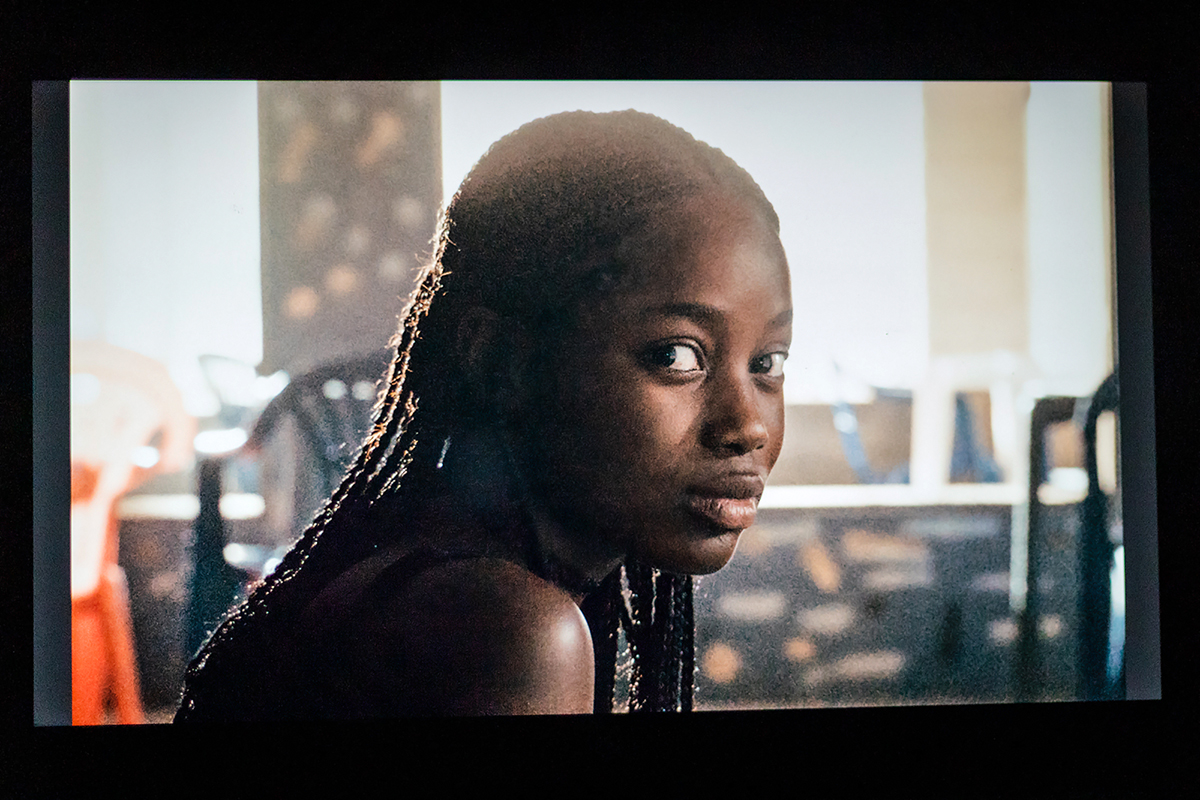

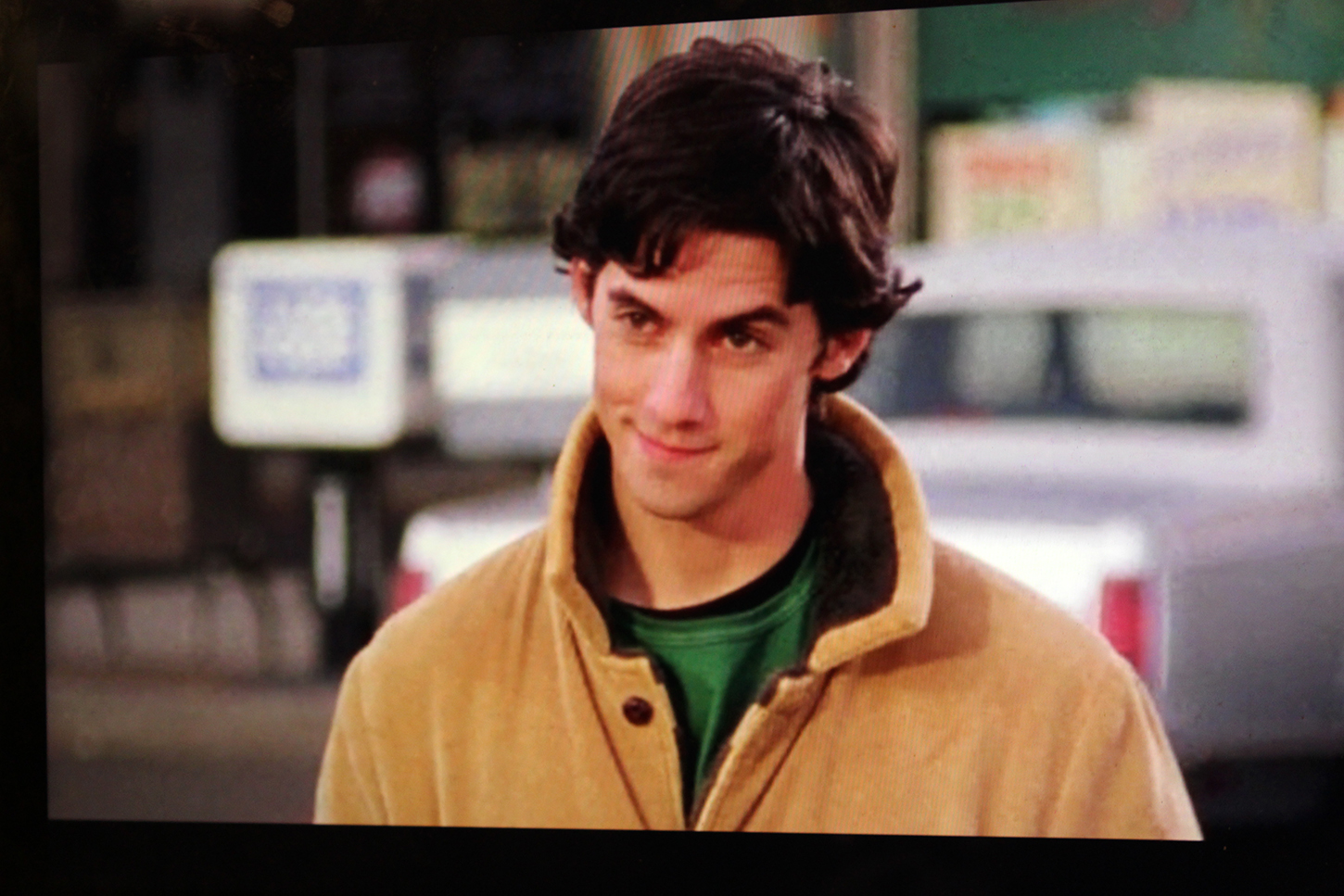






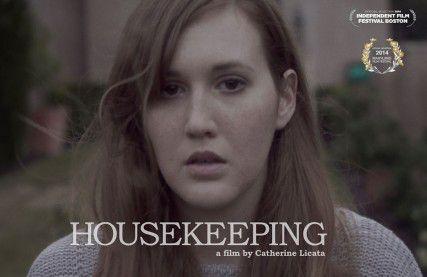
Gregory-Theophan • Apr 23, 2013 at 11:58 am
The movie sounds very inviting on many levels. I definitely want to see it, but finances are an issue. Is it available on Net Flix? Very good review, if you have not figured it out. You brought about the major characters, intricacies, merits, and most importantly – the realism of life’s struggles. It sounds like a movie that would be good for my family (adult children) and I. Thank you.